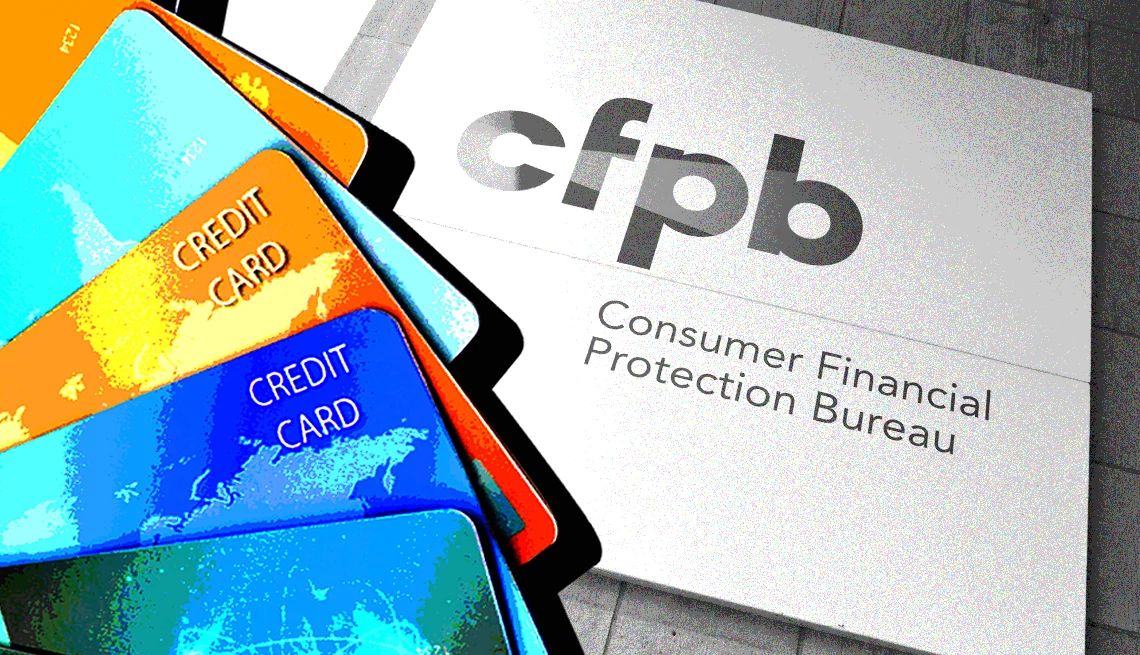AARP Hearing Center


The Consumer Financial Protection Bureau (CFPB) has finalized a rule that would cap late fees on credit cards, lowering the typical charge to $8 from $32. The agency says that the new rule would save cardholders more than $10 billion in late fees, or $220 a year on average, for each of the more than 45 million people hit yearly by late fees.
“For over a decade, credit card giants have been exploiting a loophole to harvest billions of dollars in junk fees from American consumers,” said CFPB Director Rohit Chopra in a March 5 statement. “Today's rule ends the era of big credit card companies hiding behind the excuse of inflation when they hike fees on borrowers and boost their own bottom lines.”
The rule could take effect as early as May and would apply only to major card issuers – those with at least 1 million open accounts. Even so, the rule would cover 95 percent of total outstanding credit card balances, the CFPB says.
Credit card companies charged about $14 billion in late fees in 2022, the CFPB says. Under the new rule, the companies will be able to raise their late fees above $8 only if they can prove that they need more to cover collection costs.
The CFPB’s rule also bans companies from increasing fees by the rate of inflation, the current practice for many institutions. With inflation adjustments, the $25 cap (first late fee) and $35 cap (subsequent late fees) set in 2010 have risen to $30 and $41, respectively.
Banks oppose rule change on fees
Banks were not happy with the new CFPB rule.
“Today’s flawed final rule will not only reduce competition and increase the cost of credit, but will also result in more late payments, higher debt, lower credit scores and reduced credit access for those who need it most,” said Rob Nichols, president of the American Bankers Association.






























































More From AARP
Tax Audit Triggers You Should Not Ignore
Low odds of a tax audit, but why risk it?Federal Report Highlights Pandemic Lessons for Nursing Homes
Improved infection control and staffing are among recommendations5 Steps for Tracking Down Old 401(k)s and Other Lost Money
A new federal database will make it easier to find your retirement funds from past jobsRecommended for You